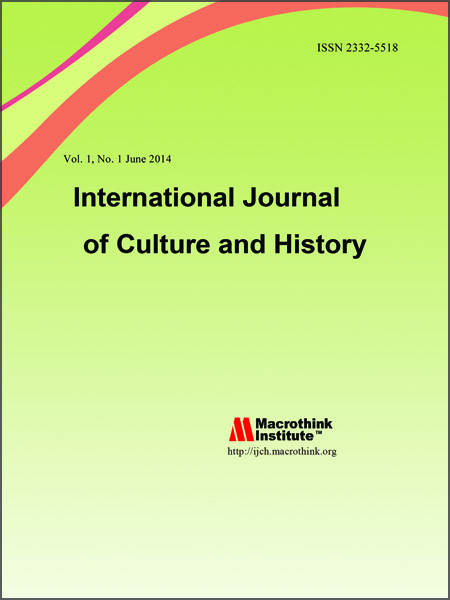Freedom, Love, Nobility: The Falkenmotiv in Medieval and Modern German Literature, with an Emphasis on Werner Bergengruen’s “Die drei Falken”
DOI:
https://doi.org/10.5296/ijch.v8i2.18897Abstract
Medieval literature has deeply shaped modern literature through many different channels. Sometimes entire works were translated or paraphrased into modern languages, sometimes medieval motifs, themes, figures, or concepts impacted modern texts. This article examines one remarkable example, Werner Bergengruen’s highly popular novella “Die drei Falken” (1928) the source of inspiration of which was loosely Boccaccio’s story told on Day V, no. 9 in his Decameron (ca. 1350). Throughout time, the falcon has regularly symbolized courtly love, nobility, and the desire for individual freedom. After a discussion of Boccaccio’s text and a selection of medieval examples where the same motive appears, this article examines how Bergengruen transformed the symbol of the falcon into an expression of human nobility and deeply felt desire for personal freedom.

